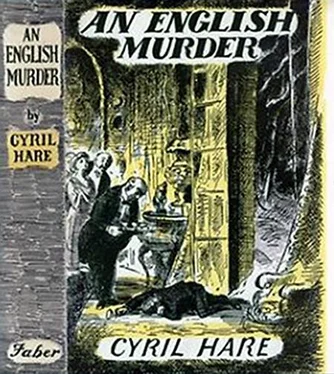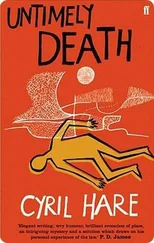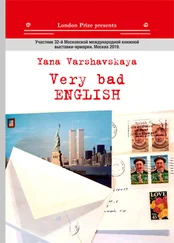"I think I owe you an apology," said Julius, speaking with some difficulty.
"Not at all, Sir Julius. It was your innate modesty, no doubt, that clouded your vision, and prevented you from seeing that you were the person aimed at by the criminal all the time."
It was a long time since Julius had been commended for this particular quality, and he flushed with pleasure.
"In conclusion," Dr. Bottwink went on, "I think it will not be inappropriate if I express my sympathy with Sergeant Rogers. His primary function, as he has more than once emphasized, is to protect Sir Julius. He has performed it, no doubt, with assiduity and efficiency. But there was one danger against which he was powerless to protect his charge— the danger of an unwelcome elevation to the House of Lords. Sir Julius owes his escape from that, not to Scotland Yard, but to the happy circumstance that there existed, unknown to us all, an infant Lord Warbeck, upon whose birth I should like to tender to the Honourable Mrs. Warbeck my belated but sincere congratulations."
The lecture was over. Dr. Bottwink stepped down from an imaginary rostrum, put away his spectacles and became human once more. But at least one of his auditors was still unsatisfied.
"Dr. Bottwink," said Rogers. "Do I understand you to suggest that Mrs. Carstairs murdered Mr. Robert Warbeck?"
"I deprecate the word 'suggest', Sergeant. But I say she did."
"And Lord Warbeck?"
"Certainly. That is to say, I have little doubt that it was she who broke to him the news of his son's death with the intention of hastening his own. It was hardly necessary for her purposes to precipitate the end of a dying man, but no doubt she was impatient."
"Then will you tell me," said Rogers heavily, "who in your view killed Mrs. Carstairs?"
"But I have answered that question already. Did I not say at the outset that one person was responsible for all three deaths? Mrs. Carstairs, of course, killed herself."
"I don't see any 'of course' about it. Why should she do that?"
"But it is obvious, is it not? No, I have forgotten—you have not yet had the opportunity of investigating further the little episode that immediately preceded her suicide. I am referring to her interview with Mrs. Warbeck outside the door of Lady Camilla's bedroom. Had you done so, as no doubt you would in the normal course, you would have learned that at that interview Mrs. Warbeck informed her, in terms which were perhaps excusable in the circumstances but which I do not hesitate to describe as brusque, that the object for which she had just committed a daring crime had been wholly frustrated. Sir Julius was, after all, still a commoner, still standing between her husband and the post which she so ardently coveted for him. The heir to the honours of the house of Warbeck was beyond her reach. The reaction to this news was too much for a nervous system which must have been already strung nearly to breaking point. I need hardly elaborate what followed. The mechanics of the suicide are matters for you and your colleagues of the police. But I would suggest that the state of her shoes and the marks upon the carpet indicate that the poison was secreted in the snow, which until this afternoon was deep upon the balcony of her room. She recovered the bottle, emptied it into her tea, and then, as a final gesture of contempt—or perhaps—who knows?—in the hope of casting suspicion upon Sir Julius that would blast his career as effectively as would a peerage—deposited it in his wardrobe. That done, she returned to her room, poured out the tea and so performed the last act of despair."
He stopped abruptly and silence fell upon the room. Then Briggs stepped forward from his corner and said something to Camilla in a low tone. She nodded and he left the room.
"Dinner will be ready in twenty minutes," she said. "It will only be cold scraps, so nobody need dress. Susan, you will dine with us, won't you? I want to hear all about Robert's boy."
"So do I, by Jove!" exclaimed Sir Julius. "He's a very important person now, as I hope you realize."
"I know that, thank you," said Susan pertly. "It isn't every baby as is a lord at his age."
"It isn't every baby," he rejoined, "that has the political career of a man like me dependent on him."
"Would it not be an additional safeguard," suggested Dr. Bottwink, "if the British constitution were rationalized to some degree? You have had a close squeak, like William Pitt before you. The next man may not be so lucky."
"I shall speak to the Prime Minister about it," said Sir Julius Warbeck.
THE END












